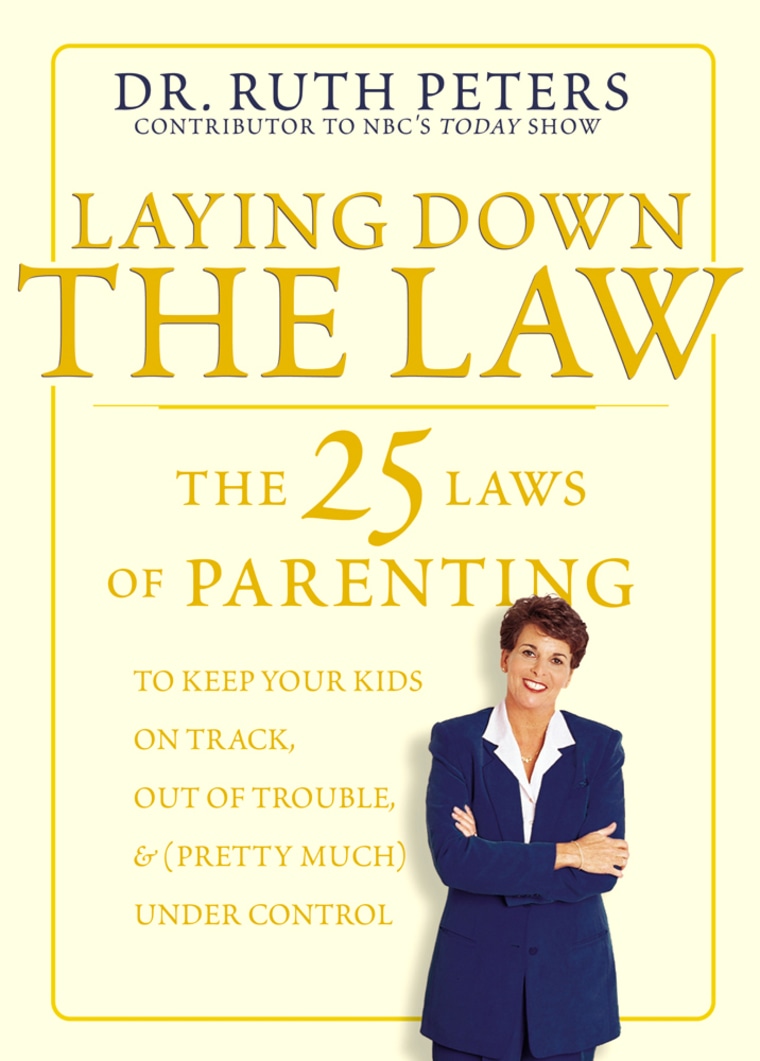Q:My 11- and 12-year-old boys spend a great amount of time playing video and computer games. They still complete their homework, but I'm concerned that they are becoming obsessed with these activities. Is this something I should be worried about?
A: Video games have their good points as well as some definite negatives . To help keep a healthy balance parents need to be aware of the pros and cons of video and computer games as well as to commit to actively monitoring their children’s screen time in general. Here are some things to consider:
First, there are some educational advantages to this technology. Many games can enhance eye-hand coordination, visual memory and three-dimensional thinking. Children today are often better at these skills than their parents were at the same age, and putting these skills to use in the future (word processing, design work, and even thinking in a three-dimensional fashion such as dealing with geometry problems) may be easier for kids exposed to high-tech games than those who are not. However, the results of studies on gaming and mathematics are mixed, so don’t get too excited yet on this angle!
Second, you need to closely monitor the types of games that they are playing. Unfortunately, many of these videos are extremely violent and tasteless, and some contain sexual references that are entirely inappropriate, in my opinion, not only for kids but for adults as well! To help ascertain appropriateness always check the ratings on the game boxes before allowing your child to play, rent or purchase. However, I have found these ratings often to be too liberal and you should always make your own assessment by previewing the games before allowing your children to use them.
Third, consider that some games are actually quite educational in nature — but these tend to be more for the younger child, involving alphabet and number knowledge. They have the advantage of “tricking” kids into learning skills and facts in a fun, painless fashion. Often the best games are offered at various learning Web sites and can be downloaded for free. While playing, your sons can pick up quite a bit of knowledge, ranging from animal lore to world geography, history and outer space.
These advantages, however, are only part of the story. Even playing educational games cannot take the place of studying. As you note, you need to make sure they do their homework first and then are allowed some screen time just having fun. (Think of it as an incentive to get your kids to complete their assignments in a timely manner with screen time as a reward!).
In addition to homework, I believe that exercise and outside play come before video games, so please encourage at least a half-hour of activity before they are allowed to plop down in front of the game console or computer. And, don’t forget some family time together as well as sharing and conversing at the dinner table — those activities are important as well. In part, this is because these games can become quite addicting and can serve to isolate the child from normal human interactions, thus giving the potential that these children may become withdrawn and awkward around others.
In this regard, you should try to engage, whenever you can, in playing with your kids. This interaction doesn’t have to be something lime shooting hoops in the driveway — a quick video game can be a fun, bonding experience for you and the child (as long as it’s balanced with homework as well as completing other chores). In this way, you are kept in the loop in terms of knowing what your child is viewing and doing, and gives you additional common ground to converse about as well as first-hand knowledge as to the appropriateness of the gaming experience.
Dr. Peters’ Bottom Line:Closely supervised, video and computer games are not all bad, but when kids spend too much time on them they may be missing out on other activities that lead to development of other important skills.

PLEASE NOTE: The information in this column should not be construed as providing specific psychological or medical advice, but rather to offer readers information to better understand the lives and health of themselves and their children. It is not intended to provide an alternative to professional treatment or to replace the services of a physician, psychiatrist or psychotherapist.